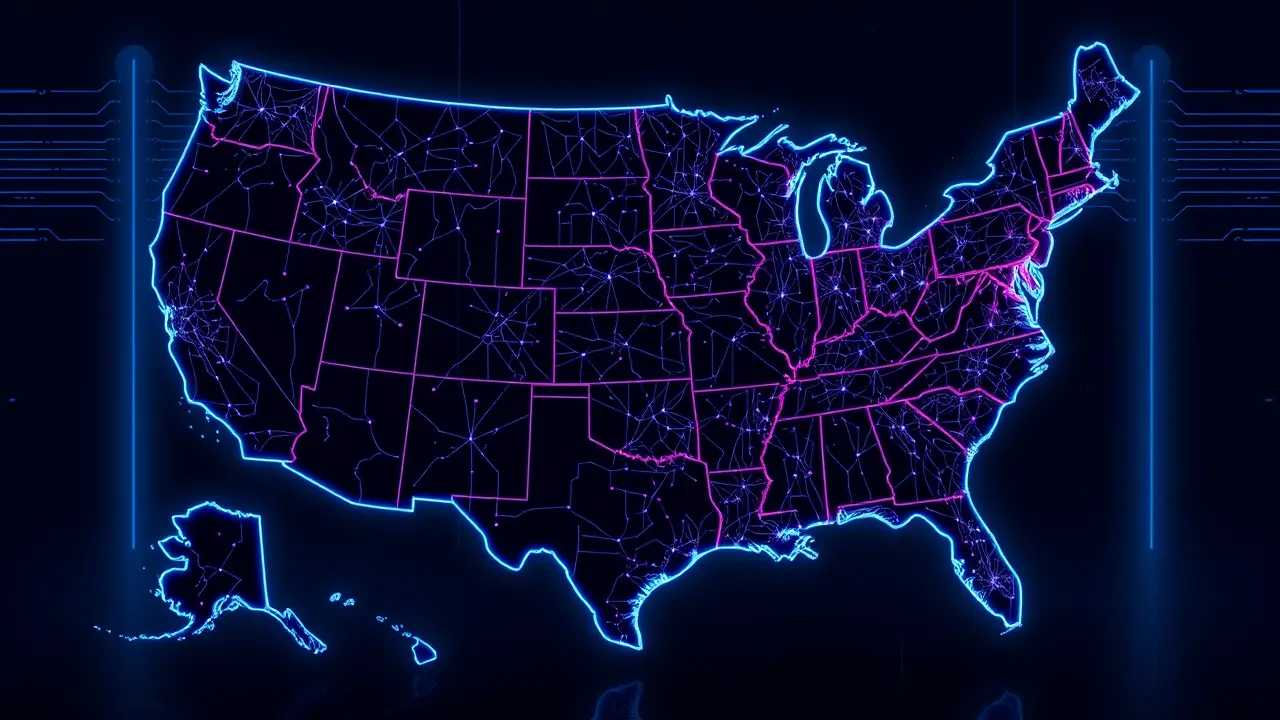
PoliticselectionsPost-Election Analysis
Democrats' Next-Generation Victory in Elections
MA
Mark Johnson
11 hours ago7 min read5 comments
The political landscape shifted palpably on Tuesday, not with the thunderous roar of revolution but with the precise, calculated maneuvers of a party learning to speak a new language. While surface-level analysis framed these elections as another tedious skirmish in the eternal war between the progressive left and the moderate center—a narrative as old as it is oversimplified—the real story, the one that will keep campaign managers and opposition researchers awake for months, was the emergence of a unified Democratic strategy that finally weaponized generational change.The winning candidates, a diverse cohort ranging from millennial city councilors to Gen-Z state legislators, were not merely united by a policy checklist or a shared disdain for their Republican opponents; they were bound by a common operational ethos, a campaign DNA that fused digital-native communication with old-school grassroots intensity. Think of it less as an ideological victory and more as a masterclass in political adaptation, a demonstration that the party has begun to decode the electorate's evolving algorithm.These candidates didn't just run on platforms of climate action, student debt relief, and digital privacy; they embedded these issues into a broader, more resonant narrative of economic fairness and institutional modernization, delivering their message not through grainy television ads but through a curated ecosystem of TikTok explainers, Discord town halls, and influencer endorsements that reached voters where they actually live. The data is telling: across key districts, we saw a significant uptick in turnout among voters under 35, a demographic previously considered notoriously difficult to mobilize.This wasn't an accident. It was the result of a targeted, data-driven ground game that treated every potential voter as a unique segment, micro-targeting them with personalized content that resonated with their specific concerns—from the cost of living to reproductive rights.The old playbook of blanket email blasts and prime-time debate performances is being systematically retired, replaced by a relentless, multi-platform engagement strategy that operates 24/7. This next-generation victory signals a profound recalibration of power within the Democratic apparatus.The consultants and strategists who once dictated terms from Washington D. C.war rooms are now having to cede ground to a new breed of digital operatives, many of whom cut their teeth on grassroots movements like the Sunrise Movement or Bernie Sanders' presidential bids, and who understand that authenticity is the new currency. The candidates themselves reflect this shift; they are often younger, more racially diverse, and openly discuss their own struggles with student loans or healthcare, forging a connection of shared experience that their older, more polished predecessors could never manufacture.The consequences for the Republican party are stark. They are facing an opponent that is rapidly learning to run a different kind of race—one that is faster, more agile, and speaks directly to the anxieties and aspirations of a rising American electorate.For the Democrats, the challenge will be to institutionalize this success, to scale these localized tactics into a coherent national strategy without losing the grassroots energy that made them so effective. Tuesday wasn't just about winning a few seats; it was a proof-of-concept for the future of the Democratic campaign, a future that looks less like a boardroom and more like a dynamic, ever-evolving digital network.
#Democrats
#elections
#political parties
#future
#candidates
#featured
Stay Informed. Act Smarter.
Get weekly highlights, major headlines, and expert insights — then put your knowledge to work in our live prediction markets.
Related News
© 2025 Outpoll Service LTD. All rights reserved.













